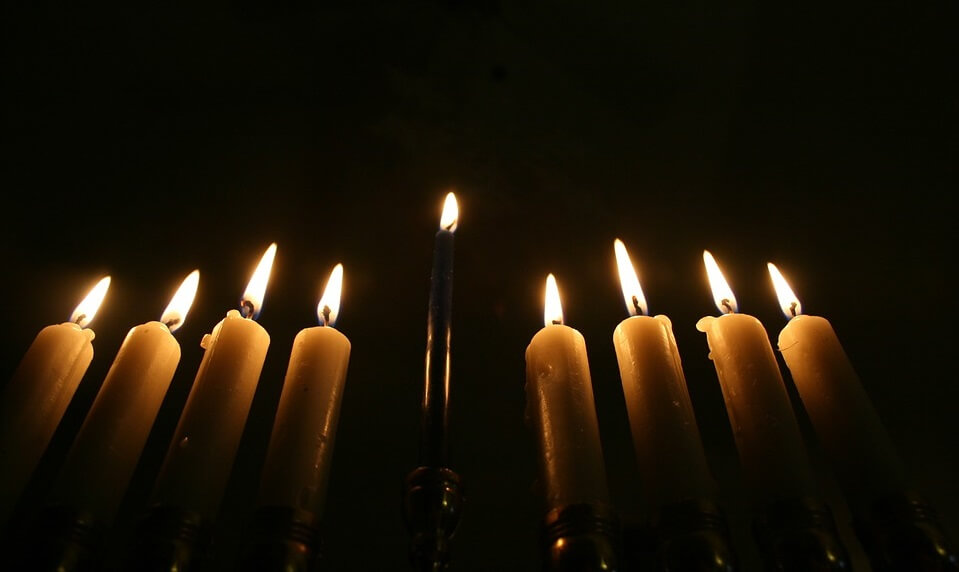
Before lighting the Chanukah lights, we recite the blessing, “Who sanctified us with His mitzvot and commanded us to kindle the Chanukah light.”
Why does the blessing refer to a single light - “the Chanukah light”? We light several candles each night; why not say “the Chanukah lights”?
Chanukah and Chinuch
The word “Chanukah” means “dedication,” referring to the re-dedication of the Temple after its desecration by the Seleucid emperor Antiochus IV. “Chanukah” shares the same Hebrew root as chinuch — “education.” But chinuch is the masculine form of the word while chanukah is the feminine form. Why?
Rav Kook explained that the goal of education is to nurture the student to grow and develop by inculcating good habits and proper conduct. Education develops their innate talents and natural integrity, and has a positive influence over the years to come. Therefore the word chinuch is in the masculine form, as it indicates a process of striving and developing inner potential.1
The dedication of the Temple, however, was a greatly different situation. From when it was first established, the Temple already encompassed all of its greatness and holiness. Future times will merely reveal the holiness that it always contained. Thus the Temple’s dedication is called chanukah. The feminine form of the word is used, denoting a state of intrinsic holiness and completeness.
The Lights of Israel
The lights of Chanukah are a metaphor for the blessings of enlightenment that the Jewish people bestow to the world. All of the nation’s potential spiritual gifts are included in the dedication of Chanukah: Torah and wisdom, prophecy and morality, justice and compassion, and so on. Like the Temple, these are qualities inherent in the people of Israel — so the word chanukah is appropriate.
Sometimes these ‘lights’ emphasize their distinct nature in order to make their full contribution, even at the expense of other ideals. Such divisions, however, can lead to internal strife. Those who stress one particular ideal may look upon those who promote other ideals as detracting from a more important value. In truth, when each individual advances that light that corresponds to the inner makeup of his soul, the entire people of Israel is enriched.
But these conflicts will not exist forever. As long as there is strife and dissension, holiness cannot be properly established. In the future it will become clear that all of the different lights share a common root, and are really one single light. Therefore, the blessing of Chanukah, which also encompasses the future potential, speaks of a single “Chanukah light.”
(Silver from the Land of Israel, pp. 118-119. Adapted from Olat Re’iyah, pp. 433-435.)
1 The Kabbalists described the active sephirot as “masculine,” and the passive or receptive sephirot as “feminine.”